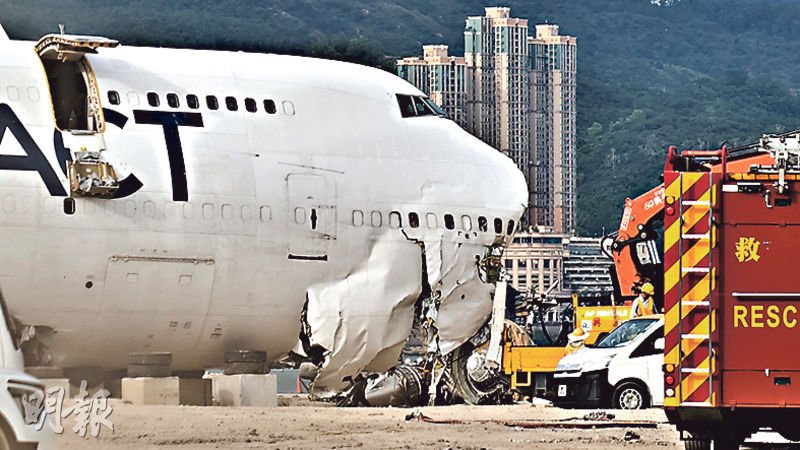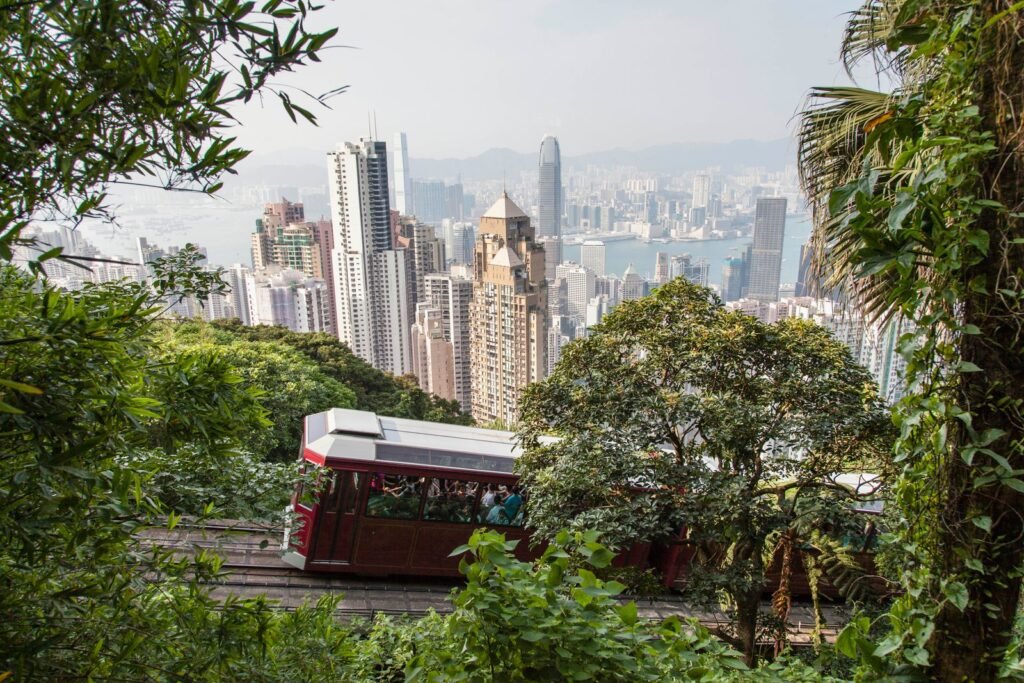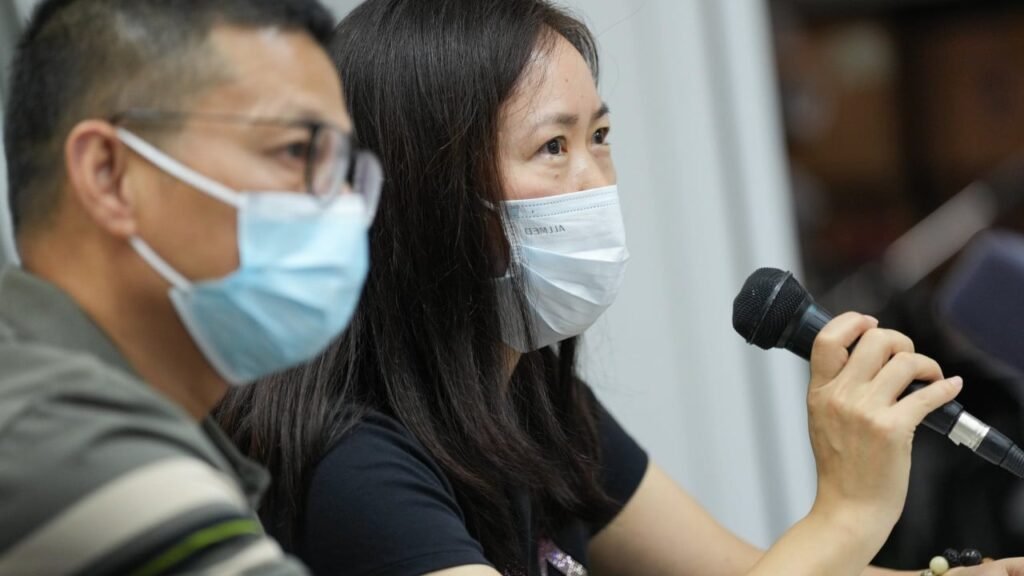Mainland China and Hong Kong have gained more billionaires, reversing a decline three years ago, after the world’s second-largest economy unveiled stimulus measures amid slowing growth and a struggling property sector, according to the latest study by Altrata.
The mainland had 321 billionaires as of 2024, rising by 5.6 per cent, to rank second in terms of billionaire population, following the US with 1,135 billionaires, according to the data company. Mainland Chinese billionaires collectively held about US$1.29 trillion in wealth, while their American counterparts had US$5.74 trillion. Germany was third with 184 billionaires.
In 2022, China’s billionaire population shrank by about 11 per cent.
Do you have questions about the biggest topics and trends from around the world? Get the answers with SCMP Knowledge, our new platform of curated content with explainers, FAQs, analyses and infographics brought to you by our award-winning team.
Hong Kong, meanwhile, ranked eighth on the list of 15 countries and jurisdictions that had the largest number of billionaire residents; its billionaire population grew about 1 per cent to 108, holding US$306 billion in wealth, the study said. In its previous report, Hong Kong’s billionaire population decreased by 1.8 per cent.
Beijing ranks seventh on the list of cities with the most billionaires. Photo: AP alt=Beijing ranks seventh on the list of cities with the most billionaires. Photo: AP>
“Structural headwinds in the Chinese economy and a more protectionist shift by major trading partners [like the US and the European Union] have weighed on billionaire growth in China in recent years, following a protracted period of expansion,” the report said. It noted that portfolios of the ultra-wealthy Chinese had been impacted by the property sector distress, regulatory pressure, softer domestic consumption and volatile capital markets.
“Technology and e-commerce have remained prominent wealth drivers, however, and cumulative billionaire wealth displayed a firmer trend in 2024 on the back of fiscal stimulus, relative [yuan] appreciation, and extensive state-backed investment in AI-focused technologies and advanced manufacturing,” the report said.
On Tuesday, the Hurun Research Institute said a record 1,434 individuals made it onto its latest China Rich List, each having a net worth of at least 5 billion yuan (US$704 million). This marked an increase of 340 individuals, or 31 per cent, from the previous year. The collective wealth of these affluent individuals reached 30 trillion yuan, a 42 per cent rise compared with last year.
In a separate table for cities, Hong Kong took second spot, behind New York, which added eight more billionaires for a total of 152, Altrata said.
“Second-ranked Hong Kong has lost a little ground to its main rival in recent years as its more entrenched association with mainland China has weighed on the city’s attractiveness as an international business hub,” the report said. “The semi-autonomous territory retains strong appeal, however, and holds a comfortable lead over third-placed San Francisco, bolstered by its unrivalled status as a nexus for financial flows between China and the global economy.”
Four other US urban centres made the list, including third-ranked San Francisco with 90 billionaires. It was followed by Los Angeles in fifth, Chicago in 11th and Houston in 13th in a tie with Istanbul at 13th.
On the mainland, Beijing hosted the most billionaires, ranking seventh, while Shenzhen shared eighth spot with Dubai.
Overall, the global billionaire population climbed 5.6 per cent in 2024 to reach a new high of 3,508 individuals, according to Altrata.
“This was the strongest expansion since 2020, with wealth holdings bolstered by another year of robust equity returns,” it said. “The total net worth of the billionaire class surged by 10.3 per cent to a record US$13.4 trillion.”
To arrive at its findings, Altrata tapped its Wealth-X Database, which compiled insights into the financial profile, career history, known associates, affiliations, family background, education, philanthropic endeavours, passions, hobbies and interests, among others, of the wealthy set.
This valuation model assessed all asset holdings, including privately and publicly held businesses and investible assets, it said.
This article originally appeared in the South China Morning Post (SCMP), the most authoritative voice reporting on China and Asia for more than a century. For more SCMP stories, please explore the SCMP app or visit the SCMP’s Facebook and Twitter pages. Copyright © 2025 South China Morning Post Publishers Ltd. All rights reserved.
Copyright (c) 2025. South China Morning Post Publishers Ltd. All rights reserved.







